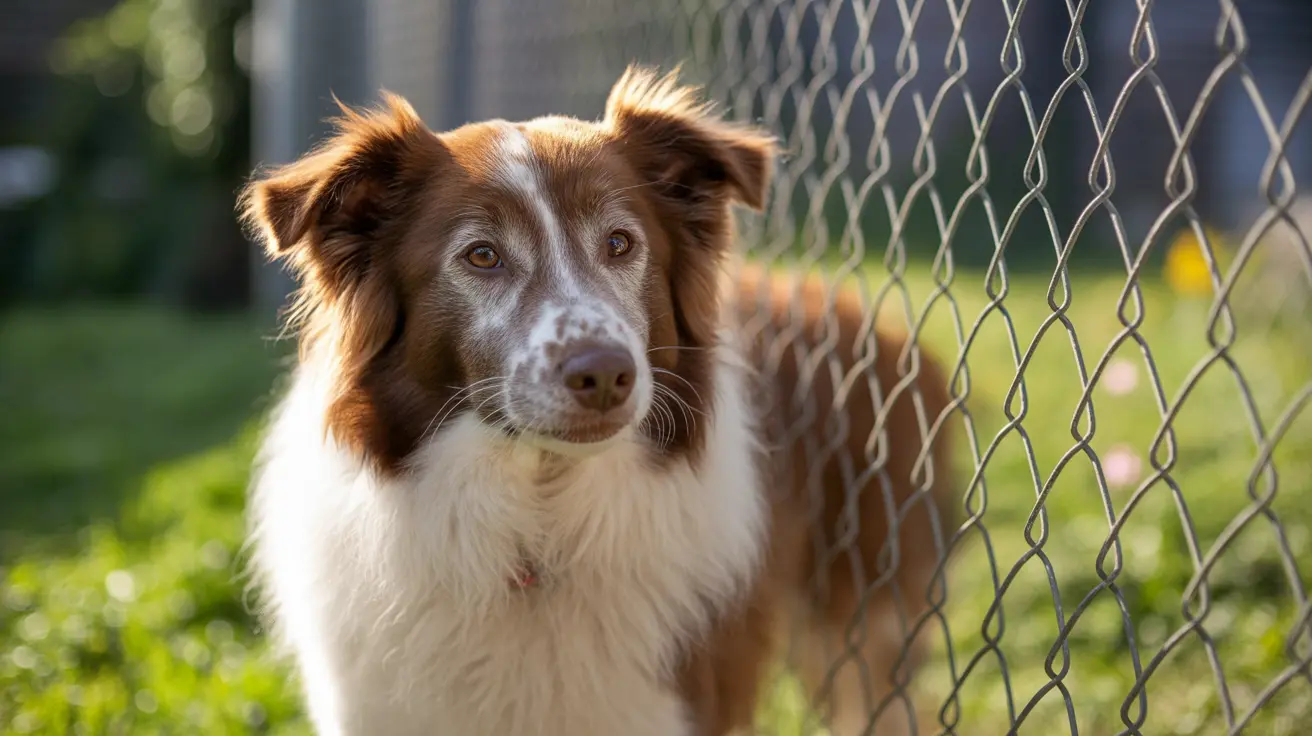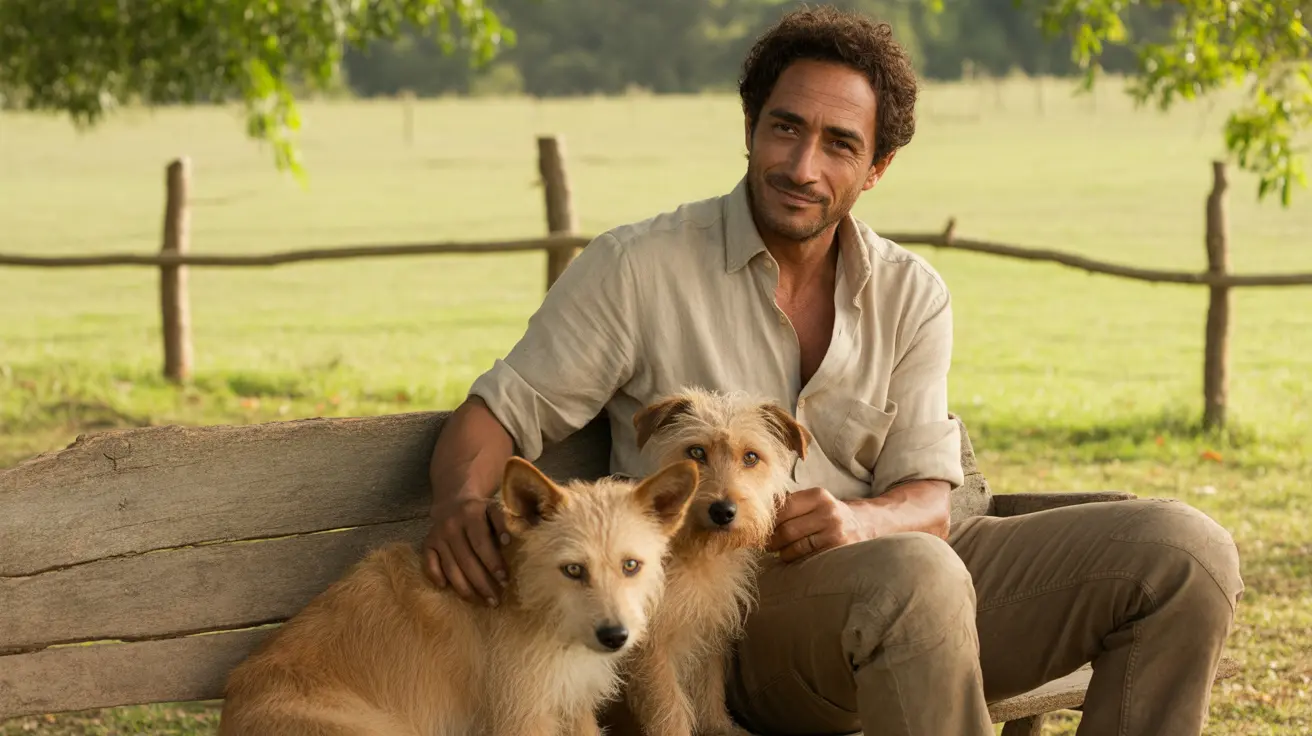Understanding the Side Effects and Health Issues in Chow Chows
The Chow Chow is a unique and ancient dog breed known for its lion-like mane, regal appearance, and aloof temperament. While they can make loyal and protective companions, owning a Chow Chow comes with specific responsibilities—including understanding the potential side effects or health issues commonly associated with the breed. Being proactive and informed can help pet owners manage these challenges effectively.
1. Common Health Problems in Chow Chows
- Hip Dysplasia: A hereditary condition where the thigh bone doesn't fit properly into the hip joint. It can lead to pain and mobility issues.
- Entropion: A condition where the eyelid rolls inward, causing irritation or damage to the eyeball. This often requires surgical correction.
- Elbow Dysplasia: Another skeletal condition that can cause lameness and discomfort, stemming from abnormal development in the elbow joint.
- Allergies: Chow Chows are susceptible to skin allergies, caused by food, environmental factors, or fleas.
- Autoimmune Disorders: Some individuals may suffer from autoimmune conditions affecting their muscles or skin.
2. Behavioral Side Effects of Chow Chows
Chow Chows are known for their independent and sometimes aloof behavior. These temperament traits can manifest in the following ways:
- Territorial Aggression: They may be wary of strangers and protective of their family and space.
- Stubbornness: Training can be challenging due to their independent nature. Consistent, positive reinforcement is essential.
- Poor Socialization: Without early socialization, they may not get along well with other animals or unfamiliar people.
3. Grooming-Related Concerns
The Chow Chow's thick double coat, though beautiful, has specific grooming needs. Failure to maintain proper grooming can result in:
- Hot Spots: Skin irritations that result from moisture trapped close to the skin.
- Matted Fur: Can cause skin infections and discomfort.
- Overheating: The dense fur makes them less tolerant to heat, increasing the risk of heatstroke in warmer climates.
4. How to Reduce Side Effects Through Preventive Care
Managing and reducing potential side effects is achievable with preventive measures, such as:
- Regular veterinary check-ups to catch and manage health conditions early.
- Feeding a balanced, vet-approved diet to support skin, coat, and joint health.
- Daily grooming and seasonal coat management to prevent skin issues.
- Proper training and early socialization to minimize behavioral problems.
- Maintaining a cool environment and avoiding overexertion in hot weather.
5. Genetic Screening and Ethical Breeding
Many of the side effects seen in Chow Chows are hereditary. Choosing a reputable breeder who conducts genetic health screenings can dramatically reduce the likelihood of your Chow inheriting these issues.
6. Is a Chow Chow Right for You?
Given these potential side effects, prospective owners need to assess whether they can meet the needs of a Chow Chow. They thrive in environments with experienced dog handlers who appreciate their unique personality and are willing to invest in their care.
In conclusion, while Chow Chows come with their own set of challenges—both health-related and behavioral—a dedicated and informed owner can help them live a happy, healthy life. Proper medical care, social engagement, and grooming are the keys to reducing the adverse effects common to the breed.





